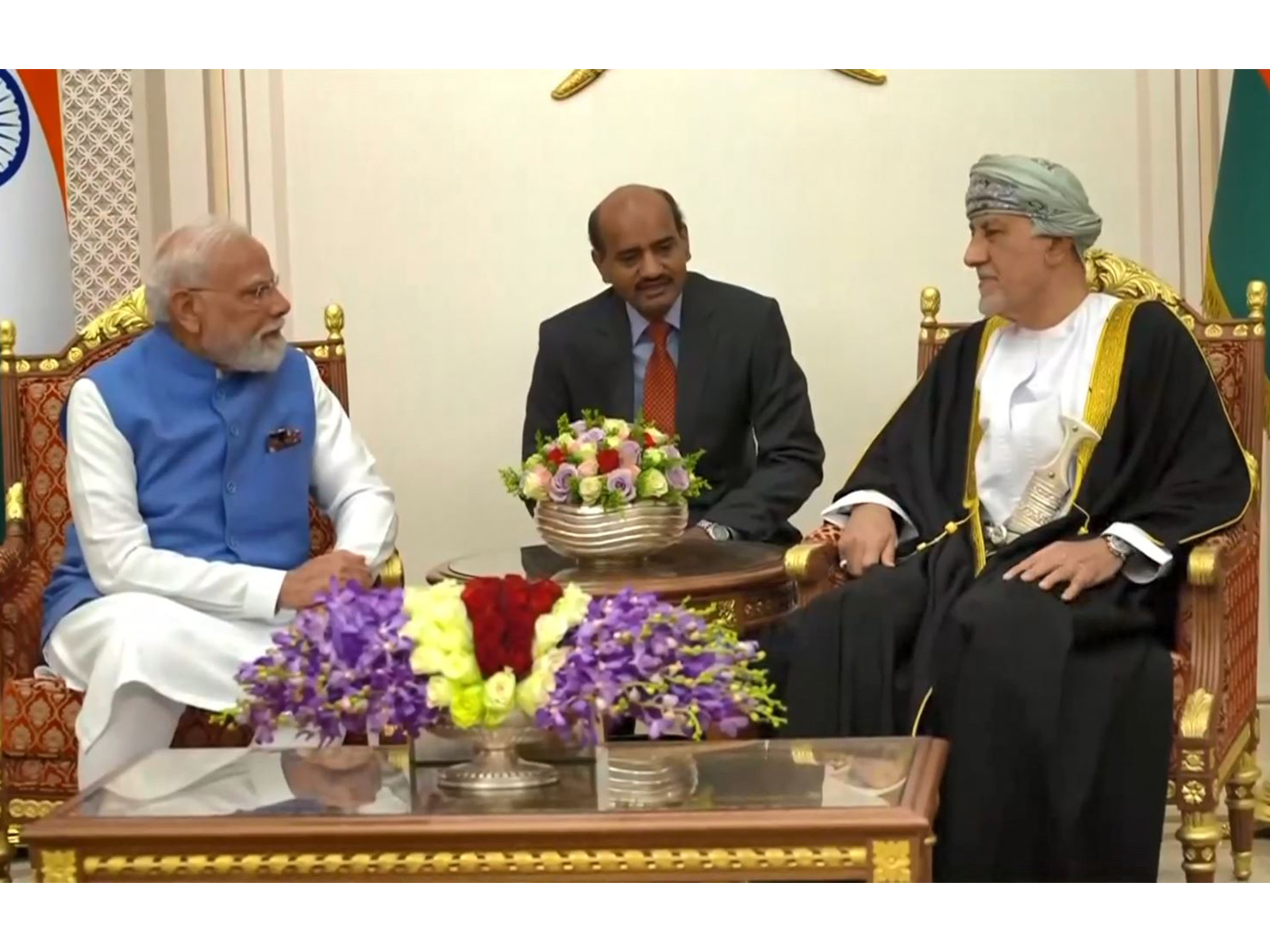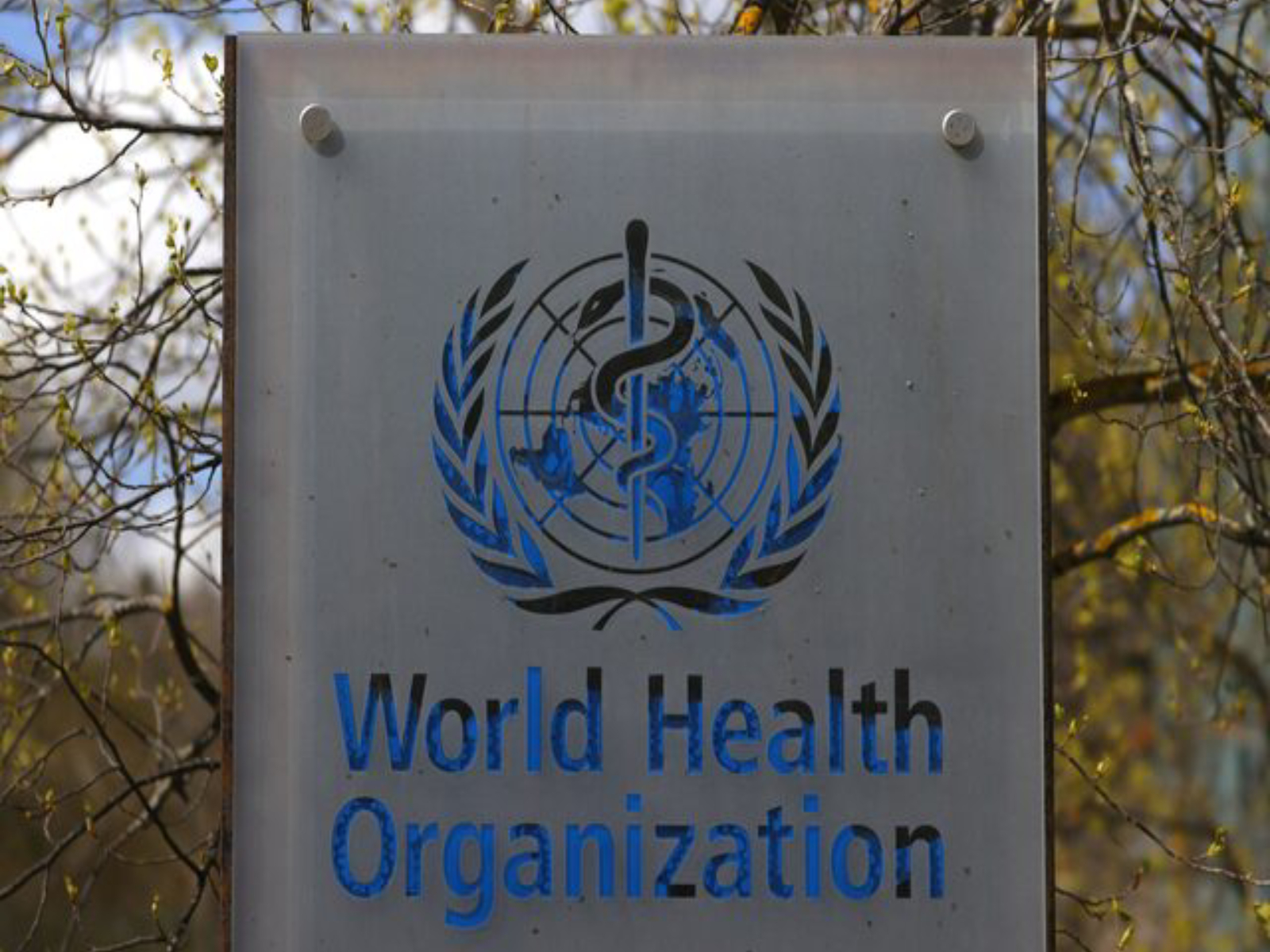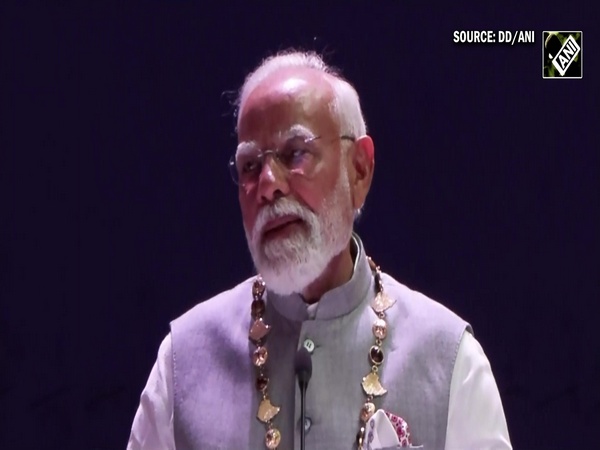Israeli leaders scrambling to reduce US tariffs
Apr 05, 2025

Tel Aviv [Israel], April 5 (ANI/TPS): Israeli leaders are scrambling to negotiate with the US administration to lower a newly imposed 17 per cent tariff on Israeli exports, which caught officials in Jerusalem by surprise. Prime Minister Benjamin Netanyahu and Finance Minister Bezalel Smotrich are expected to press for a reduction to 10 per cent, the minimum rate applied to some other nations.
Neither the Prime Minister's Office nor the Finance and Economy Ministries were informed in advance of the tariff hike. Smotrich convened an emergency meeting overnight with Ron Tomer, president of the Manufacturers Association of Israel, to assess the potential economic impact.
"We were aware of the tariff decision like everyone else, but the specific rates were not known in advance," the Finance Ministry said in a statement Thursday.
According to the ministry, the tariffs apply only to goods, not services. US officials based the 17 per cent rate on Israel's USD 7 billion annual trade deficit with the United States. Israel exports USD 20 billion in goods to the US while importing USD 13 billion. The deficit, calculated as 35 per cent of total Israeli exports, was then halved to determine the tariff percentage.
The Manufacturers Association called the tariff hike "worrying" and vowed to work with government agencies to challenge the move.
In a bid to mitigate the impact, Smotrich signed an order on Wednesday eliminating the last remaining Israeli tariffs on US imports, valued at USD 11.3 million annually, mostly on agricultural products. The order requires approval from the Knesset Finance Committee before taking effect.
President Donald Trump announced sweeping tariffs on 93 countries on Wednesday, imposing a 10 per cent baseline tax on imports from all countries. The tariffs were then adjusted based on each country's trade barriers and trade surplus with the US
The Trump administration says the tariffs will restore key US manufacturing, but economists warn they could slow the global economy, raise recession risks, and increase living costs. (ANI/TPS)



















